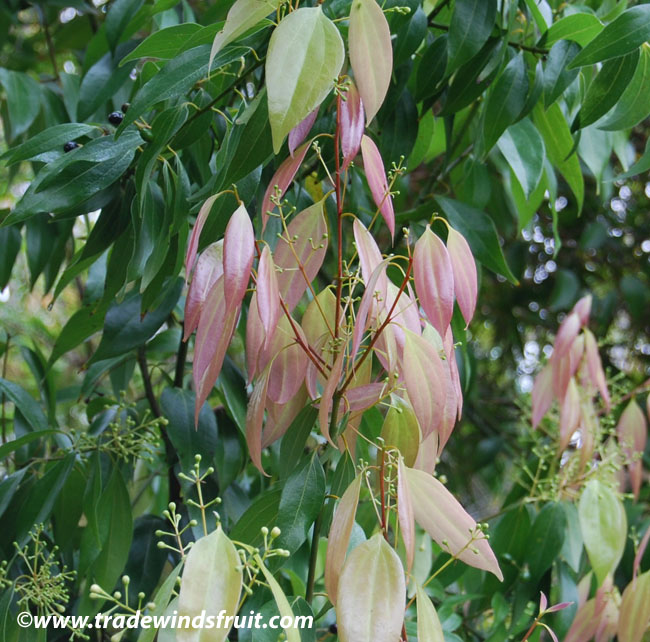
Cinnamon Powder

Herb Info
Increases insulin activity, improving blood sugar concentrations, daily consumption may lead to 20% reductions in blood sugar, cholesterol and triglycerides. Antiseptic, antibacterial, antiviral, and antifungal. Astringent, stop’s diarrhea, relieves nausea and gas, loss of appetite and indigestion, Chinese warming tonic.
Herb Description
BIOComplete Organic Cinnamon (Cassia) Bark Powder
Also known as:
Cinnamomum cassia, Cinnamomum burmannii, Cassia, Cassia Cinnamon, Chinese Cinnamon, False Cinnamon, and Cassia Lignea
Introduction:
The word cinnamon, the genus name, probably came from either the Arabic or the Hebrew language, but the species name cassia is from the Greek kassia, meaning to strip off the bark. Its use in Chinese medicine goes back to at least 2700 B.C.E. where it is referred to in several herbal formularies. According to traditional Chinese medicine, it acts to help the body's "fire" and to help "warm" the kidneys and spleen. It is, however, primarily known for the familiar flavor it imparts to any dish that it comes in contact with.
Constituents:
Cassia bark can contains up to 4% oils, as well as tannins, catechins, proanthocyanidins, resins, mucilage, gum, sugars, calcium oxalate, cinnzelanin, cinnzelanol, and coumarin.
Parts Used:
Dried bark in sticks, chips or ground
Typical Preparations:
Cinnamon can be used as a flavoring agent for most foods, as well as in teas, alcoholic beverages, extracts, and tinctures.
Summary:
Cinnamon is one of the most recognizable of flavors in the world, and has been used at one time or another in just about every type of food product available, as well as the flavoring for a great many pharmaceutical and cosmetic products. The German Commission E recommended cinnamon for treating the loss of appetite, as well as gastronomical complaints including cramps, flatulence, and nausea. Cinnamons beneficial effects on the digestive tract are attributed to its antioxidant catechins, which may also help fight bacterial, fungal, and parasitic infections. Cassia bark has been used for over a thousand years in both Eastern and Western medicine in treating chronic diarrhea, colds, kidney trouble, abdominal and heart pains, hypertension, and even cancer , among others.
Precautions:
It has been noted by the German Commission E that some people are in fact allergic to cinnamon, with side effects ranging from an allergic skin reactions to mucosa. It is not recommended for medicinal uses during pregnancy or breastfeeding.
This information has not been evaluated by the Food and Drug Administration.
This information is not intended to diagnose, treat, cure, or prevent any disease.
For educational purposes only.

